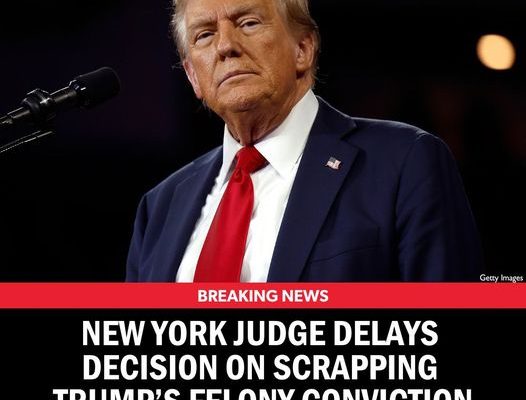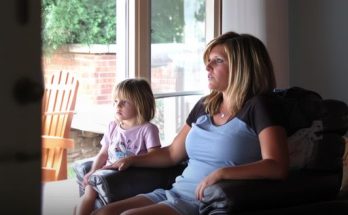A judge on Tuesday postponed a decision on whether to undo President-elect Donald Trump’s conviction in his falsification of business records case as his lawyers argued that his election last week warrants dismissing the case altogether so he can run the country.
Judge Juan Merchan had been set to rule Tuesday on their earlier request to throw out his conviction for a different reason — because of a U.S. Supreme Court ruling this summer on presidential immunity.
Instead, he told Trump’s lawyers he’d delay the ruling until Nov. 19 so that prosecutors can give their view of what to do in light of Trump’s impending return to the White House.
Manhattan District Attorney Alvin Bragg’s office had said it agreed with a defense request to pause proceedings to consider how to approach the case in light of Trump’s Nov. 5 election and upcoming inauguration in January 2025.
Trump in May became the first U.S. president — former or sitting — convicted of a crime when a jury in Manhattan found him guilty on 34 felony counts of falsifying business records to cover up a potential sex scandal shortly before his first election win in 2016. Trump, who pleaded not guilty, has vowed to appeal the verdict after sentencing.
The judge has yet to delay sentencing, scheduled for Nov. 26, but legal experts widely expect it to be pushed back because of the Republican Trump’s presidential election victory over Democratic Vice President Kamala Harris.
The prosecutors asked to have until Nov. 19 to propose next steps, and Merchan agreed. “The People agree that these are unprecedented circumstances,” prosecutors wrote.
At issue in the trial was a $130,000 payment made by Trump’s then-lawyer Michael Cohen to adult film actress Stormy Daniels to keep quiet about a sexual encounter she said she had with Trump in 2006 but which he has denied.
His lawyers argued that the case must be dismissed following the Supreme Court’s July immunity decision, which also held that juries cannot be presented evidence of official presidential acts in trials over personal conduct. It marked the first time the court recognized any degree of presidential immunity from prosecution.
Trump’s defense lawyer Emil Bove wrote that the case ultimately needed to be dismissed to avoid interfering with Trump’s presidential duties.
“The stay, and dismissal, are necessary to avoid unconstitutional impediments to President Trump’s ability to govern,” Bove wrote.
This report contains material from Reuters and The Asssociated Press.



